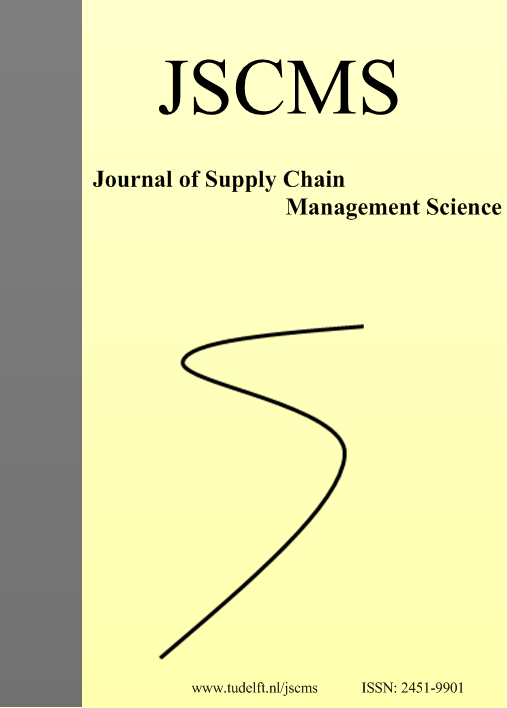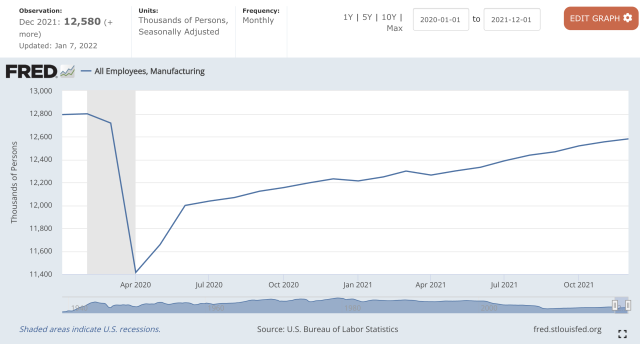
A chemical engineer can be described as a person who has knowledge in the fields of engineering and chemistry. They are responsible for the design and operation of equipment and processes that turn raw materials into products. They manage all aspects of production, from the design and operation of equipment to the layouts. A chemical engineering degree is rewarding and lucrative, regardless of your field of interest. Here are some career possibilities in the field of chemical engineer. They are a valuable asset to every industry that they work in.
Aerospace engineering ranks as the most difficult major.
This major in aerospace engineering requires high levels of discipline. This major leaves little room for college party culture. You will need to dedicate hours studying and doing course-related assignments. It is also called rocket science. Aerospace engineering includes the design, building, and research for spacecraft. Aeronautical engineering and astronautical engineers are both included in this field. Students will need to study a heavy mathematical load, and fluid dynamics.
Chemical engineering is the easiest major
The first step to pursuing a career in chemical engineering is to achieve a high high school grade point average (GPA). Colleges expect majors in chemical engineering to do rigorous coursework in highschool. Taking AP classes is a great way to impress admissions officials. AP classes also give students a solid academic foundation. Chemical engineers have a high-paying career. The median salary for 2020 is $96,300.

It requires math, science, and chemistry.
Most undergraduate degrees in chemical engineering are four-year long and require 120 to 130 credits. Students will learn how to design, fabricate, and analyze chemical products and processes, and develop manufacturing equipment. In addition to classroom learning, students in chemical engineering programs take courses in math, physics, and chemistry, and complete internships or cooperative education. Some programs even offer doctoral degrees. At least a bachelor's level in chemical engineering is necessary to get a PhD.
It is a stable field
Chemical engineering has many jobs. Although many chemical engineers work in labs and offices, some spend time on the job. They also manage operations and solve issues on site. Although they can work long hours in order to meet deadlines and be available for assistance at times, they might also be called upon. This field requires a deep understanding of complex topics. Computer-aided design software is one example of a tool that a chemical engineer could use to design the most efficient process.
It pays well
There are many entry-level jobs for college graduates. If no position has been posted, you can look for an internship. ExxonMobil for example, is hiring. Engineering, finance, operations and geoscience are all possible career options. You may also be able to concentrate on your particular area of expertise (e.g., operations, geophysics, information technology).
It is an old subject.
Chemistry engineering is fascinating and challenging. Chemical engineering is a fascinating subject that can be applied in many ways. Learn about industrial processes that involve complex operations and how they are designed and constructed. The unit operations of chemical plants, as well as the implications of changing process variables, will be taught. Innovative approaches have been employed throughout the history and evolution of chemical engineering to improve student comprehension and participation.

It's a great choice for students who wish to work in the field.
If you are interested in a career in the chemical industry, there are several reasons to major in chemical engineering. In addition to developing specialist knowledge, this field also works alongside other disciplines such as electrical engineering. Chemical engineers are trained to solve problems related to chemical production, transport, and use. Today, chemicals are used to produce fuel, drugs, or food. Depending upon your interests, you might choose to specialize in a subset of the field, like environmental or biotechnology.
FAQ
Is automation important in manufacturing?
Automating is not just important for manufacturers, but also for service providers. It enables them to provide services faster and more efficiently. They can also reduce their costs by reducing human error and improving productivity.
Is it possible to automate certain parts of manufacturing
Yes! Automation has been around since ancient times. The wheel was invented by the Egyptians thousands of years ago. We now use robots to help us with assembly lines.
Actually, robotics can be used in manufacturing for many purposes. These include:
-
Robots for assembly line
-
Robot welding
-
Robot painting
-
Robotics inspection
-
Robots that create products
Manufacturing could also benefit from automation in other ways. For example, 3D printing allows us to make custom products without having to wait for weeks or months to get them manufactured.
What are the 7 Rs of logistics?
The acronym "7R's" of Logistics stands for seven principles that underpin logistics management. It was developed and published by the International Association of Business Logisticians in 2004 as part of the "Seven Principles of Logistics Management".
The acronym consists of the following letters:
-
Responsible - to ensure that all actions are within the legal requirements and are not detrimental to others.
-
Reliable - Have confidence in your ability to fulfill all of your commitments.
-
Be responsible - Use resources efficiently and avoid wasting them.
-
Realistic – consider all aspects of operations, from cost-effectiveness to environmental impact.
-
Respectful - Treat people fairly and equitably
-
Be resourceful: Look for opportunities to save money or increase productivity.
-
Recognizable provides value-added products and services to customers
Statistics
- Job #1 is delivering the ordered product according to specifications: color, size, brand, and quantity. (netsuite.com)
- In the United States, for example, manufacturing makes up 15% of the economic output. (twi-global.com)
- (2:04) MTO is a production technique wherein products are customized according to customer specifications, and production only starts after an order is received. (oracle.com)
- It's estimated that 10.8% of the U.S. GDP in 2020 was contributed to manufacturing. (investopedia.com)
- Many factories witnessed a 30% increase in output due to the shift to electric motors. (en.wikipedia.org)
External Links
How To
How to Use the 5S to Increase Productivity In Manufacturing
5S stands as "Sort", Set In Order", Standardize", Separate" and "Store". Toyota Motor Corporation invented the 5S strategy in 1954. This methodology helps companies improve their work environment to increase efficiency.
The basic idea behind this method is to standardize production processes, so they become repeatable, measurable, and predictable. It means tasks like cleaning, sorting or packing, labeling, and storing are done every day. Workers can be more productive by knowing what to expect.
There are five steps that you need to follow in order to implement 5S. Each step has a different action and leads to higher efficiency. You can make it easy for people to find things later by sorting them. When you arrange items, you place them together. Then, after you separate your inventory into groups, you store those groups in containers that are easy to access. Finally, label all containers correctly.
This requires employees to critically evaluate how they work. Employees should understand why they do the tasks they do, and then decide if there are better ways to accomplish them. They must learn new skills and techniques in order to implement the 5S system.
In addition to increasing efficiency, the 5S method also improves morale and teamwork among employees. They feel more motivated to work towards achieving greater efficiency as they see the results.